3 semester credits. This is course is a survey study of the major Greek philosophers and schools from sixth to third century BC. The emphasis will be on the pre-Socratics, Socrates, Plato, and Aristotle. Special attention will be given to the influence these philosophers have had on the history of Western thought, specifically early Christian and Medieval, and the interest in Neoplatonic philosophy that characterized the intellectual climate of Renaissance Italy.
Philosophy
LAPLAW300 Ancient Western Philosophy
LAPLBE320 Biomedical Ethics
3 semester credits. This course examines the ethics of medical practices and issues in contemporary society. Coursework will pose questions regarding areas that affect human life and death. Topics include practices such as euthanasia, birth control and abortion, cloning, genetic engineering, and biomedical research. Students will analyze the ethical nature of covered practices, how they affect humans on individual and social scales, and the relationship between patients and physicians and medical structures in terms of information, consent, and responsibility. Case studies from local European as well as non-European countries will be closely considered for discussion and study.
LAPLEW330 Ethics in a World Context
3 semester credits. The aim of this course is to introduce fundamental moral theories and standards and to encourage their application - through mechanisms of moral reflection and judgment - to ethical problems arising throughout the world. The course is articulated through a large number and variety of studies of moral cases drawn from various parts of the world that will require students to consider prescriptive moral theories. The study of matters such as the French legislation against veils in schools, reproductive rights in Italy, U.S. drug laws, and Iranian censorship vs. the value of liberty will inevitably result in meta-ethical reflections in terms of thinking about the nature of morality and the limits of moral judgment.
LAPLPS215 Philosophy and Science in Early Modern Italy
3 semester credits. Starting from the dichotomy of logos-mythos in classical antiquity, this course will explore the evolution of philosophical thought in early modern Italy and its unique richness of trends: Christianity, Platonism, Neoplatonism, Aristotelianism, Hermeticism, and magic. The new vision of man and the universe, as well as the investigation of nature and the individual's cognition potential, addressed in connection with the progress of science, will be illustrated by the contributions of Marsilio Ficino, Pico della Mirandola, Pietro Pomponazzi, Agostino Nifo, Leonardo da Vinci, Giordano Bruno, and Galileo Galilei. The course includes field visits to locations such as the Secret Rooms and the Room of the Elements in the Palazzo Vecchio, and a visit to the Museum of the History of Science.
LAPLWA300 Wanderlust: The Physical and Emotional Art of Walking
3 semester credits. This course will introduce students to the world of walking as an artistic, philosophical, political, literary, inspirational - as well as physical - experience. While exploring different types of walking, the concept of "wanderlust" will also be analyzed and discussed from both an anthropological and philosophical perspective, to provide students with a thorough overview of the traveling and walking experience both in natural and urban landscapes. Different types of walking activities will be an integral component of the course, allowing students to reflect upon walking as an act of desire, escape, imagination, freedom, rebellion, and well-being. The classroom approach of this course is based on experiencing the city of Florence as the academic space for learning and engagement. Classes are not held in a traditional, frontal-style setting; each lesson is carefully mapped for curricular content and featured locations: lectures, observations, exercises, analysis, and reflections on presented topics are held in relevant sites that are accounted for in the academic planning, syllabus, and related course material. Coursework and submissions will be regularly assessed on the MyFUA platform through daily assignments in addition to exams, papers, and projects. Learning through the on-site classroom approach fosters a deeper understanding of the cultural environment of Florence and how it is related to the subject of study represented by the course, and allows the overall experience to contribute to the students' academic and personal enrichment.

